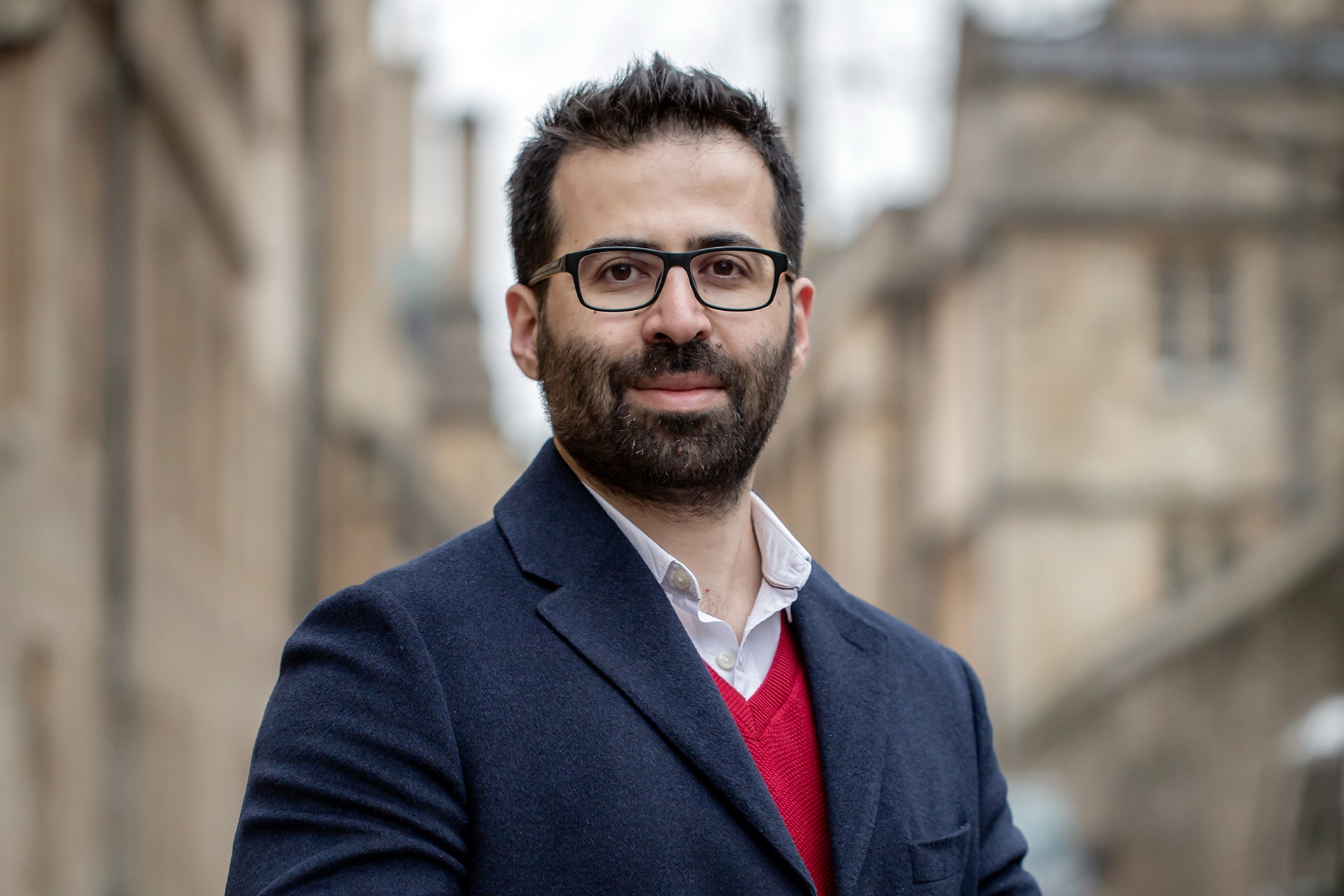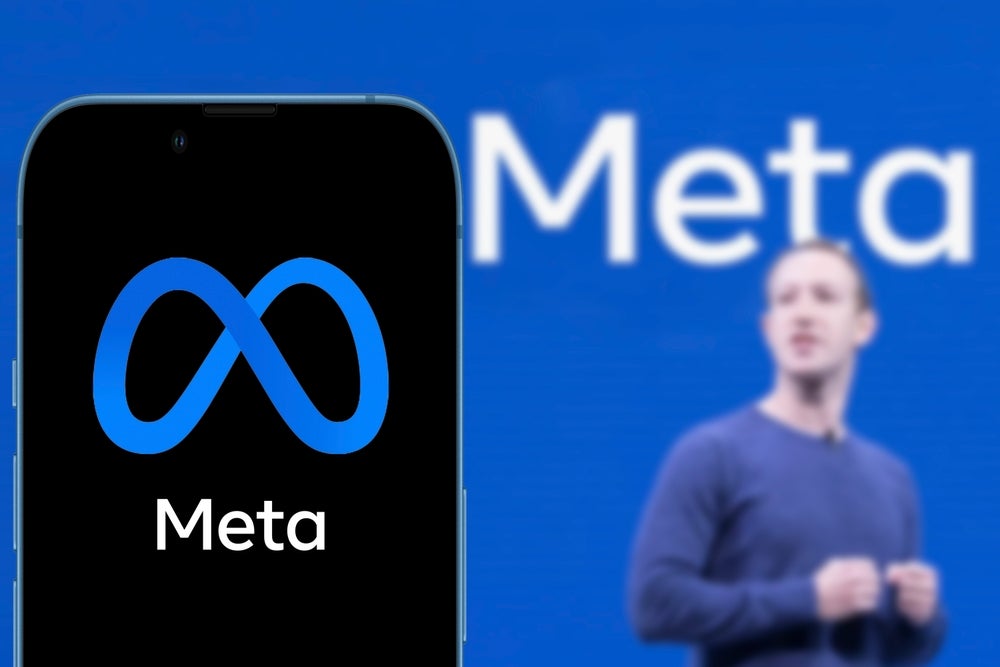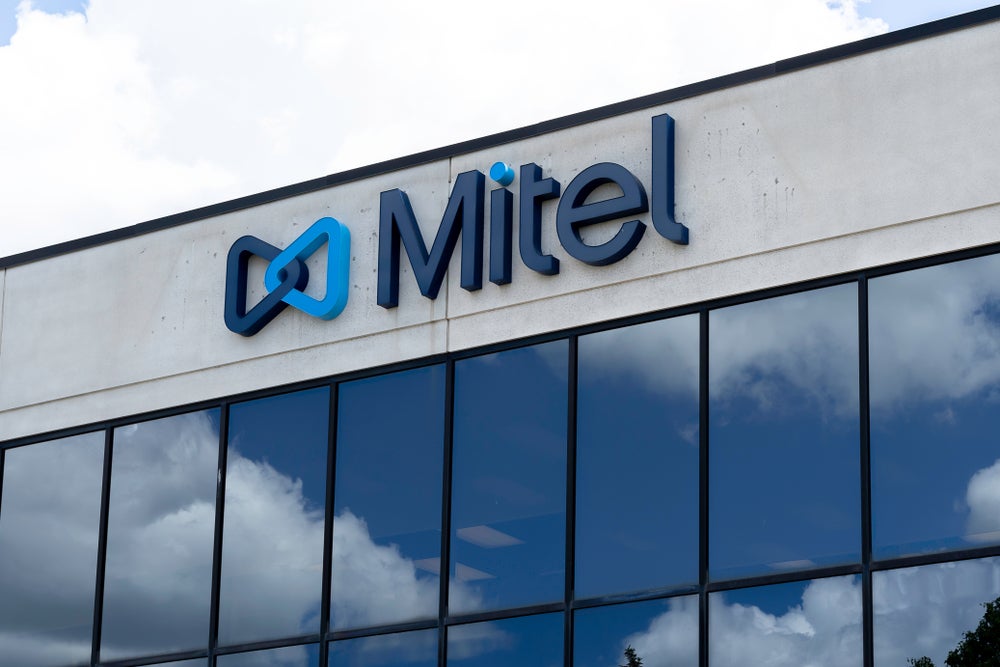
Quantum computers aren’t here at scale yet, but investors are already throwing money at startups which aim to be ready for them. PQShield is the latest venture to benefit from venture capitalists’ fear of missing out on the next big thing.
The UK-based cybersecurity startup specialises in post-quantum cryptography – that is, in encryption which will still be secure once quantum computing is available. PQShield has just bagged $20m in a Series A funding round. Addition, founded by former Tiger Global investor Lee Fixel, led the round, which also saw participation from existing investors Oxford Science Enterprises and Crane. PQShield most recently raised a £5.5m seed round in July 2020.

Access deeper industry intelligence
Experience unmatched clarity with a single platform that combines unique data, AI, and human expertise.
PQShield is the fifth quantum computer startup to collect money from investors this January, according to GlobalData’s Technology Intelligence Centre. The other ones were Swiss Terra Quantum, which secured $60m in a Series A round; US-based Atom Computing closed a $60m Series B deal; Chinese Suzhou Star Scintillation Nanotechnology collected an undefined venture financing raise; and Indian QuNu Labs managed to bag an undisclosed amount from Speciale Invest and other investors. And that’s after 50 quantum computer financing deals were completed in 2021.
That’s a lot of money flowing into a space that hasn’t become relevant yet. Quantum computers have proved extremely difficult to build: tech nerds have been talking about them for three decades. Now, however, experts believe intermediate quantum computers could be just years away.
Everyone from IBM and Google to Honeywell and D-Wave are hard at work trying to become the first company to crack the problem. Whichever company first succeeds, the advent of quantum computers will be a game changer.
“Theoretically, quantum computing can complete in seconds tasks that would take classical computers thousands or even millions of years,” analysts wrote in a recent GlobalData thematic research report. “Quantum computers are machines that use the properties of quantum physics to store data and perform computations. Use cases stretch from improved weather forecasting to cracking the codes used to encrypt all internet messaging.”

US Tariffs are shifting - will you react or anticipate?
Don’t let policy changes catch you off guard. Stay proactive with real-time data and expert analysis.
By GlobalDataThat last bit, where quantum computers could potentially overturn the current cybersecurity paradigm, is where PQShield comes in.
PQShield aims to protect from quantum hacks
PQShield was founded in 2017, having spun out of an Oxford University project. The idea behind it is quite simple: whenever quantum computers do roll onto the market they’ll easily defeat current encryption methods. Businesses will need to update their cybersecurity to counter the quantum threat.
“From software to hardware, no industry is immune to the quantum threat, and as powerful quantum machines move ever closer, so does the risk of them falling into the wrong hands,” says Ali El Kaafarani, PQShield CEO and founder. “This investment will enable us to double down on our growth, continue contributing to leading standards organisations like RISC-V International and NIST, and take another step towards protecting all businesses from this generation-defining security threat.”
But what is this threat? In short, there are two types of cryptography that companies use: symmetric and asymmetric. Asymmetric cryptography uses two mathematically linked keys – a private and a public one. The public key is used to encrypt the information while the private key is known only to the party decrypting the information.
Asymmetric cryptography is the most used in day-to-day communication. Perhaps the most widely used form is RSA, which is used to secure web browsers, chat applications, VPNs and more. The keys are bases on complex mathematical problems that, at the moment, would require immense processing power to break through, a process that could take years.
Unsurprisingly, several companies have realised the risk of being blindsided by the onslaught of quantum computers breaking through their digital defences and have developed solutions to meet the threat. PQShield is one of these companies, and claims that it is already experiencing growing demand for its quantum defences from the semiconductor, defence, automotive, industrial internet of things, and technology consulting sectors.
“Thanks to an industry-leading team, decades of combined experience and a best-in-class product offering, PQShield has quickly emerged as a front runner and true authority in post-quantum cryptography for hardware and software, a field with enormous market potential,” says Fixel. “PQShield is already helping to define the future of information security, and we are excited to support their ongoing growth.”






